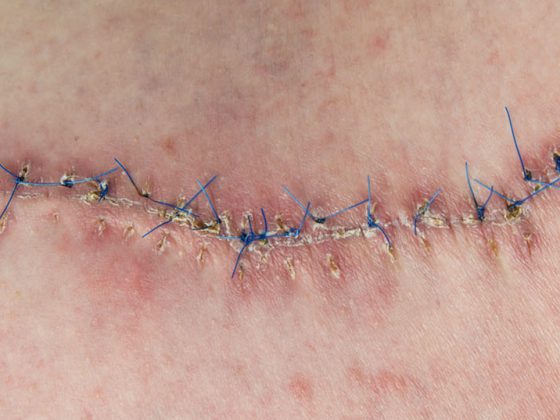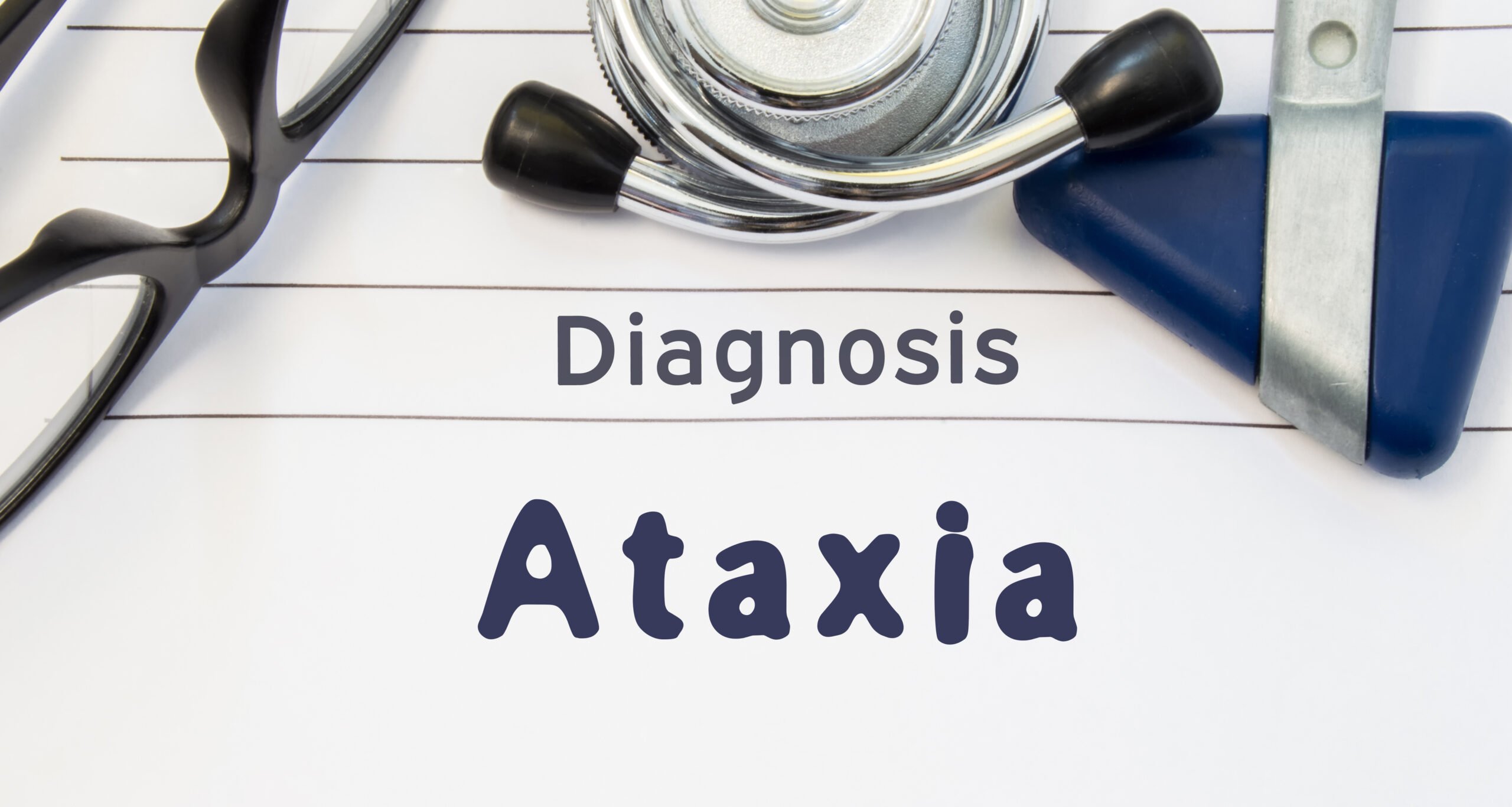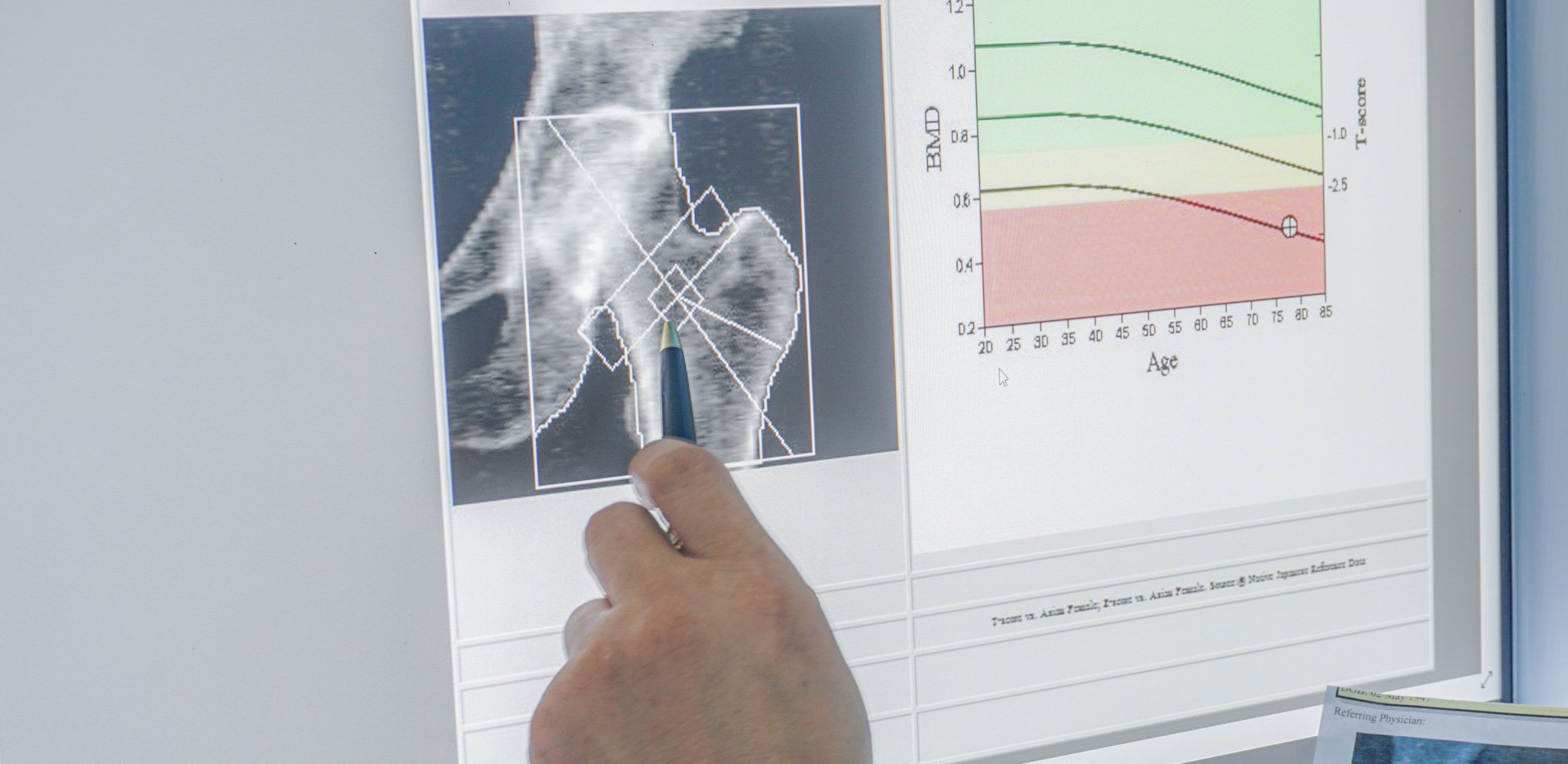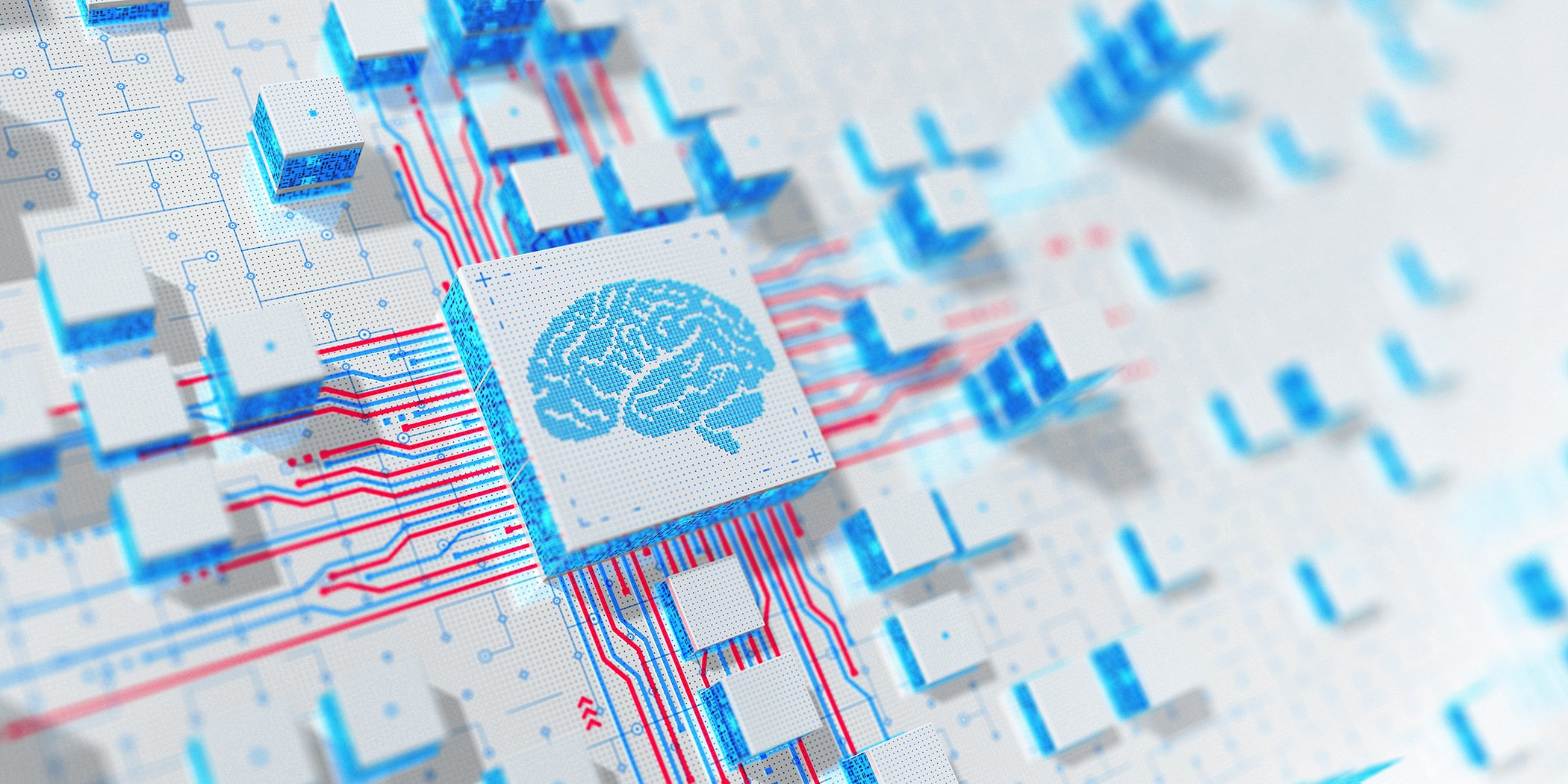Athletic performance is the result of the interaction of numerous factors, similar to a mosaic or a puzzle. The overall picture is only correct if all the bricks or parts are assembled correctly. What place does nutrition have in this overall concept?
The following individual parts, in any order, are necessary prerequisites for peak athletic performance:
- a number of currently still insufficiently researched hereditary factors
- as much talent as possible
- High mental resilience and resistance
- a favorable social environment (harmonious circle of family and friends, understanding employer)
- a good trainer
- perfect condition
- excellent health, possibly thanks to a good sports doctor.
Figure 1 summarizes the factors. In the literature, the share of genetics in the realization of a performance is given as up to 60%. The remaining part of the performance increase is achieved through training, where activity and recovery are inseparable. When it comes to the “health” factor, the psychological component must not be forgotten. In competitive sports, this side is often given too little consideration, even though it has a potential that is still far unknown.
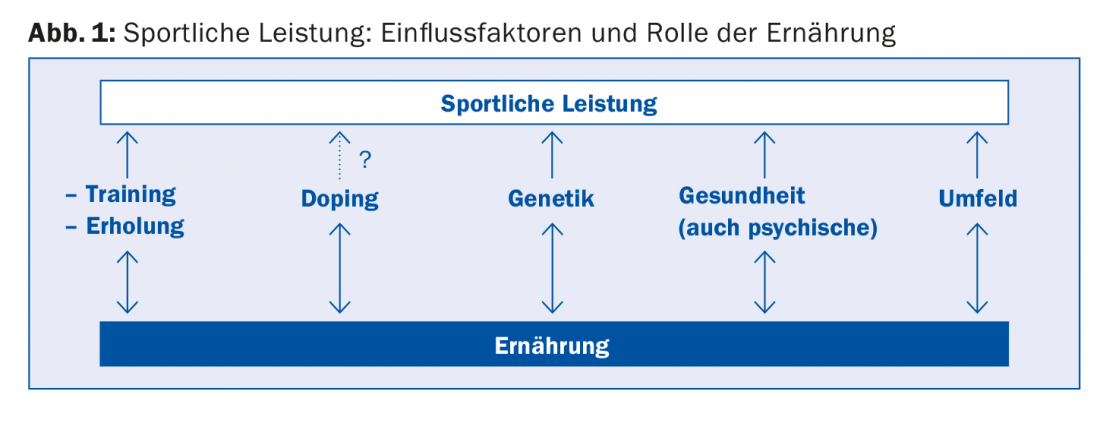
Nutrition has deliberately not been mentioned yet. This may seem paradoxical, because although it is certainly a subjective impression: it seems to me that there is no other area in sports medicine publications that is discussed as frequently as nutrition. Based on this wealth of information, one might get the idea that nutrition is even the most important of all performance-determining factors. Does this actually apply?
Role of nutrition
In the training process – the cornerstone of athletic success – nutrition has primarily energy relevance: it provides the organism with indispensable substances, both in qualitative and quantitative terms. Recovery plays a very important role in the entire training process, and nutrition is also important here. Despite fatigue, exhaustion and sometimes even disappointment (often associated with loss of appetite), it is necessary to replace the lost substances as soon as possible. Only during a few hours after a break in performance does the body replenish the glycogen reserves, which are so important for performance but are rapidly depleted, at a rate of 7% instead of 5% per hour. This must be exploited.
The connection between nutrition and health in both positive and negative respects is sufficiently well known. The same rules apply to the athlete as to the inactive person. However, I would like to point out an important aspect: the psychological effect of nutrition. Finding taste and pleasure in food is part of a learning and educational process that begins at birth and continues in the family, school or cafeteria. All taste impressions represent psychologically very important memories and clues. Shared meals are a way for individuals to connect with others, share news and thoughts, and most importantly, to disconnect for a few moments from the inner tension that competitive sports bring.
What about caffeine, carnitine, creatine, multivitamin supplements and other protein mixtures? The specific intake of permitted dietary supplements is often considered to have (too) great an effect. Performance-enhancing effects have been demonstrated with very few of these supplements. And not to be ignored is the fact that some spectacular doping cases in recent years were due to such contaminated supplements.
From this point of view, the blue box, nutrition, can be added to Figure 1 accordingly.
A magic potion does not exist
This already describes the role of nutrition in sports: Its importance should by no means be underestimated. But it would be just as wrong to take them excessively seriously. It is just as erroneous to attribute a victory to some miracle food as it is to seek the causes of a defeat in the wrong diet. Expecting the effect of a magic potion from certain sports foods available on the market is unrealistic. This would also impute to a sports nutrition theory intentions that it does not have. Even if nutrition in the field of sports sometimes seems to be on the borderline of doping, it has nothing to do with it. On the contrary, it is rather a permitted and useful alternative to it. Nutrition is only one building block of the complex performance edifice, but one that has many advantages: it is often easier at first to optimize nutritional behavior (e.g., by giving up bad eating habits) than to improve in a short time other elements that are crucial for peak athletic performance, such as strength, endurance, or coordination.
Detailed advice on the right nutrition for sports therefore fulfills several requirements at the same time: Performance enhancement to an ethically acceptable extent, preservation of health as well as promotion of a nutritional behavior that has a preventive effect.
HAUSARZT PRAXIS 2016, 11(2): 2


